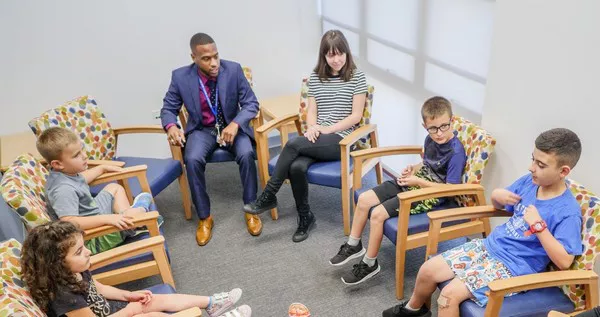A sobering longitudinal study from Harvard’s T.H. Chan School of Public Health has revealed that prolonged loneliness may be as damaging to cognitive health as smoking 15 cigarettes daily. Tracking over 5,000 adults aged 50+ for a decade, researchers found that participants reporting persistent loneliness showed mental decline 20% faster than their socially connected peers, with particularly strong impacts on memory and executive function. The study, published in The Journals of Gerontology, suggests that loneliness may directly contribute to neurodegenerative processes through increased inflammation and reduced neurogenesis.
The mechanisms behind this connection are complex. Chronic loneliness appears to trigger a sustained stress response that damages the hippocampus and prefrontal cortex over time. Blood samples from lonely participants showed elevated levels of inflammatory markers linked to Alzheimer’s pathology. “Loneliness isn’t just an emotional experience—it creates measurable biological changes that appear to accelerate brain aging,” explains lead researcher Dr. Ethan Park. Even more concerning, the cognitive effects appear cumulative, with each additional year of isolation compounding the damage.
The COVID-19 pandemic’s lingering effects have exacerbated the problem. CDC data shows the percentage of Americans reporting “serious loneliness” remains 35% higher than pre-pandemic levels, with young adults surprisingly vulnerable. Contrary to stereotypes, adults aged 18-34 now report higher loneliness levels than seniors. Digital sociologist Dr. Alicia Zhou notes, “We’re seeing a paradox where hyper-connectivity through technology coexists with profound social hunger. Virtual interactions aren’t fulfilling our deep neurological need for in-person connection.”
Some communities are pioneering innovative solutions. Singapore has implemented a nationwide “Friendly Neighbor” program that trains volunteers to spot signs of isolation. In Sweden, apartment buildings designed for “collective living” with shared spaces have shown 40% lower loneliness rates among residents. U.S. Surgeon General Dr. Vivek Murthy recently announced federal grants for community-based programs, calling loneliness “the most significant unmet public health challenge of our era.”
Mental health professionals emphasize that combating loneliness requires both individual and societal changes. Simple interventions like regular social prescribing (where healthcare providers recommend social activities) and intergenerational programs show promise. However, experts agree that addressing this crisis will require reimagining how we structure work, community spaces, and even digital platforms to prioritize human connection in an increasingly fragmented world.
Related topics:







![[Must Read for Girls] Timeless Appeal](https://www.pvcnr.com/wp-content/uploads/2022/09/10031119.webp)









